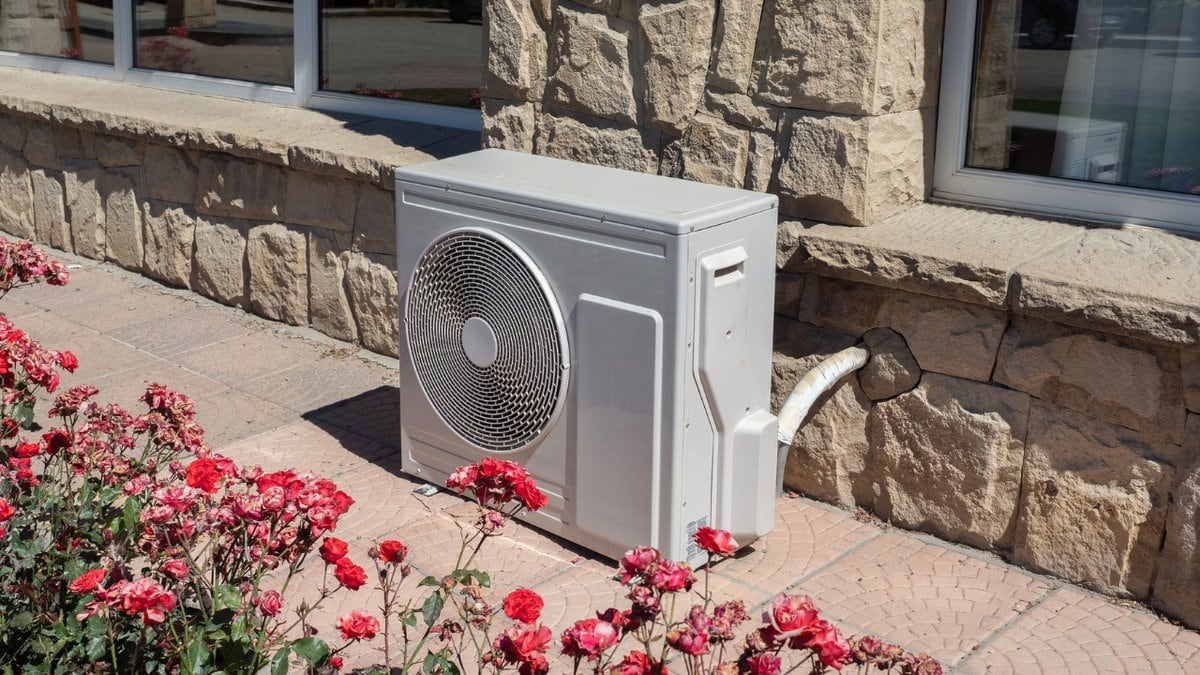Dr Angie Needle, director of strategy at Cadent
The UK’s heat decarbonisation journey is at risk of stalling. Despite ambitious targets to install 600,000 heat pumps annually by 2028, fewer than 100,000 were installed in 2024. The pace isn’t fast enough — and waiting for the perfect conditions for full heat pump adoption risks leaving millions of tonnes of carbon in the atmosphere.
That’s where hybrid heating systems come in. By combining a heat pump with a gas boiler, hybrids can deliver immediate carbon savings — around 60% today, rising to 80% by 2030 as the electricity grid decarbonises. For many households, they offer a lower-cost, less disruptive pathway to cleaner heating and a practical entry point to heat pump technology.
The latest Boiler Upgrade Scheme consultation continues to exclude hybrid heating systems, a decision that may overlook their potential. A well-designed policy could support hybrid heating system installations with a £2,500 grant — enabling three hybrid systems for the cost of one standalone heat pump. That would deliver up to 240% more carbon savings per pound spent, making the most of limited public funding.
Government has raised valid concerns that hybrids could create a two-stage transition — from boiler, to hybrid, then to full heat pump, meaning there simply isn’t enough time to fully decarbonise if each heating system lasts for 10 to 15 years. But in reality, many households aren’t making any transition at all. Hybrid heating systems could act as an important stepping stone, building consumer confidence and accelerating progress toward full decarbonisation – allowing those homes that don’t suit a full heat pump system today, to make some carbon savings now.
Hybrid heating systems could also represent a fully decarbonised solution when the gas used to top up in winter is green – supplied by biomethane or hydrogen. Given gas networks will continue to be utilised in serving businesses, industry and power generation, this makes sense. Utilising infrastructure we have whilst helping to reduce the effort needed to upgrade electricity grids.
Other countries in Europe are already recognising this potential. In the Netherlands, hybrid heating systems account for around 50% of the heat pump market, supported by government subsidies and a strong policy framework. Italy too has embraced hybrids, with nearly 40% market share, helped by generous tax incentives. These countries are not only cutting emissions now — they’re also easing the path to full electrification by getting consumers comfortable with heat pump technology.
We agree that the end goal should be fully zero-carbon heating. But with carbon budgets under pressure, supporting hybrid heating systems now could unlock immediate gains, reduce long-term costs, and help keep the UK on track. It’s not about picking winners, it’s about cutting emissions with every tool that works, not just the ones that fit a perfect outcome. We believe that the urgency of the immediate need to cut these emissions, should not be overlooked for the aspirational aims of the future.
These insights are explored in depth in our latest report, The Future of the Gas Network: Recommendations for hybrid heating. The report outlines the role hybrid heating systems can play in supporting the UK’s heat decarbonisation goals, particularly as heat pump uptake continues to lag behind targets. As we move to net zero, hybrid heat pumps offer a practical, impactful, and inclusive route forward.
